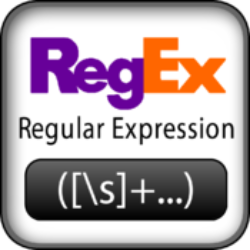Large language models (LLMs) show strong performance across natural language processing (NLP), mathematical reasoning, and programming, and recent large reasoning models (LRMs) further emphasize explicit reasoning. Yet their computational limits, particularly spatial complexity constrained by finite context windows, remain poorly understood. While recent works often focus on problems within the NP complexity class, we push the boundary by introducing a novel benchmark grounded in two PSPACE-complete regular expression (regex) problems: equivalence decision (RegexEQ) and minimization (RegexMin). PSPACE-complete problems serve as a more rigorous standard for assessing computational capacity, as their solutions require massive search space exploration. We perform a double-exponential space exploration to construct a labeled dataset of over a million regex instances with a sound filtering process to build the benchmark. We conduct extensive evaluations on 6 LLMs and 5 LRMs of varying scales, revealing common failure patterns such as verbosity and repetition. With its well-defined structure and quantitative evaluation metrics, this work presents the first empirical investigation into the spatial computational limitations of LLMs and LRMs, offering a new framework for evaluating their advanced reasoning capabilities. Our code is available at https://github.com/hyundong98/RegexPSPACE .
翻译:暂无翻译




